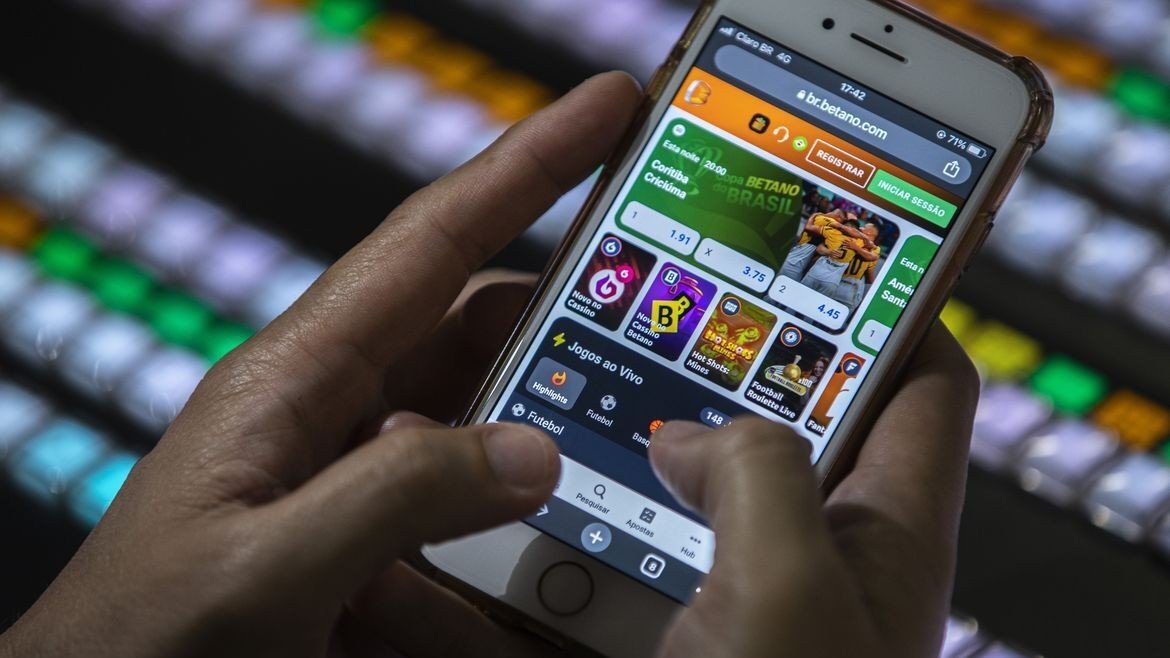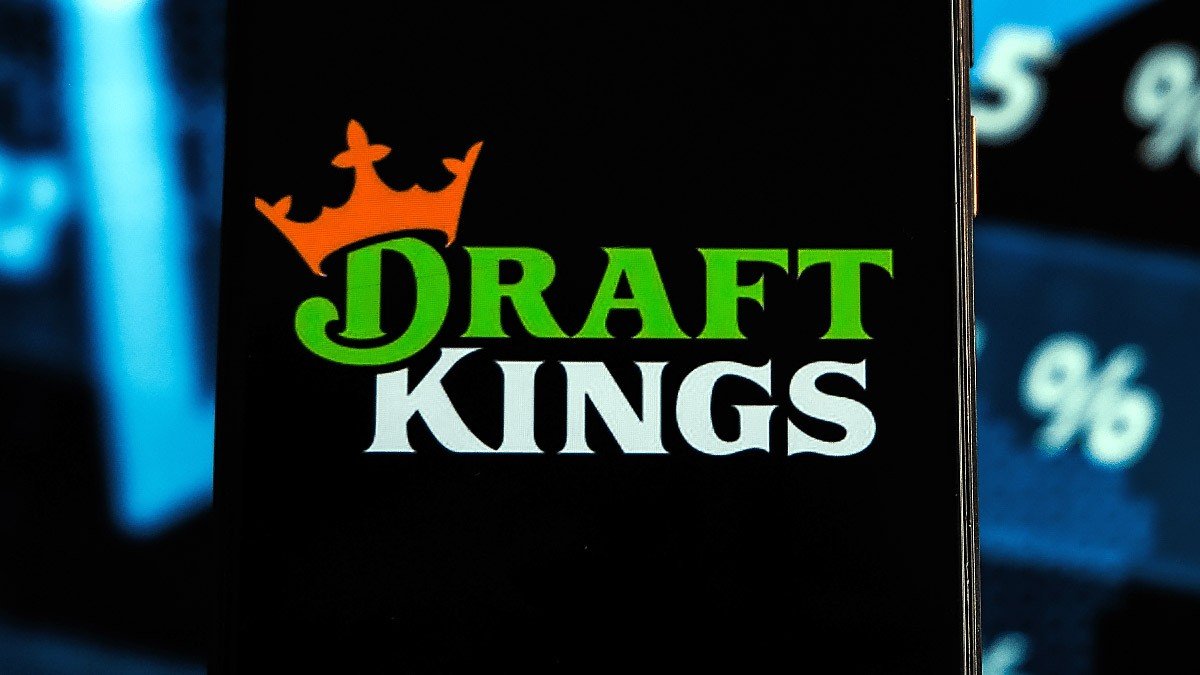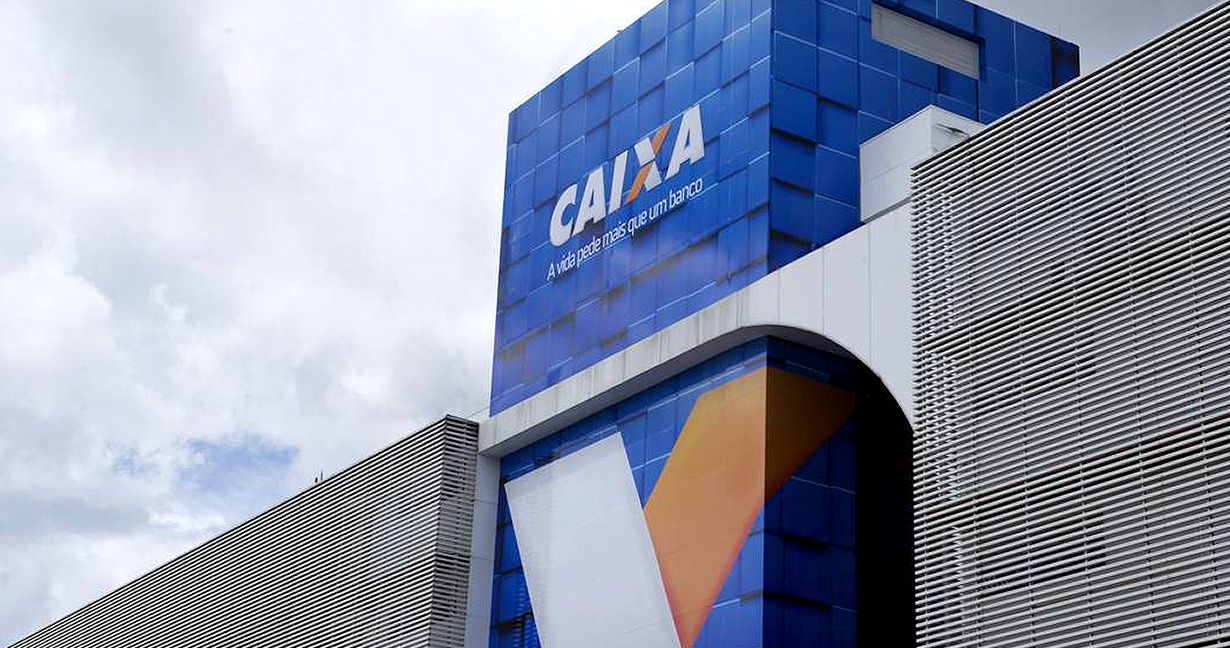Brazil’s betting boom outpaces regulation as only 3.5% of registered firms hold federal authorization

Brazil’s rapidly expanding sports betting and iGaming sector has drawn major domestic and international interest, with more than 2,200 companies now registered to operate in the country. Yet, only a fraction, just 3.5%, hold official authorization from the Ministry of Finance to legally offer online betting services.
According to a recent analysis by data firm BigData Corp, just 69 unique CNPJs (corporate tax IDs) have been licensed by the federal government as of April, representing 153 brands and 149 registered domains ending in “.bet.br.”
That number rises slightly to 78 when companies with provisional court approvals are included. In contrast, the national corporate registry lists 2,212 betting-related CNPJs, reflecting a more than 150% increase over the past three years.
BigData Corp CEO Thoran Rodrigues noted the disparity reflects the scale of interest in Brazil’s emerging regulated market. “The licensing process is slow, but it starts with the opening of a CNPJ,” he said.
Many companies, both local and international, have registered under the general gambling activity code, CNAE 9200-3/99, to establish a foothold ahead of full regulatory implementation.
Together, these companies report a combined declared share capital of R$12 billion, averaging around R$5 million (US$880,000) per company. To receive a federal license, however, operators must meet far higher financial requirements, including a R$30 million (US$5.3 million) licensing fee. By contrast, some states offer more affordable local licenses, leading to a patchwork regulatory landscape across Brazil.
The data shows that 64% of the capital is concentrated in São Paulo, while the highest average capital per company is in the Federal District at R$19.1 million (US$3.35 million), suggesting national ambitions. Meanwhile, the North and Northeast regions, typically less affluent, account for nearly 40% of all betting-related CNPJs. That figure is double the regions’ combined share of the overall corporate registry.
“On one hand, it’s positive because it presents an opportunity for growth in the technology sector,” said Rodrigues. “On the other, we know that this is a market driven by the exploitation of lower-income populations.”
The number of gambling-related CNPJs with foreign headquarters is three times higher than in the corporate database. Many firms are also setting up with plans to operate under white-label models, a strategy that became popular in the fintech and virtual mobile sectors.
Under this structure, smaller entities effectively lease the infrastructure of licensed operators, allowing entities like football clubs or associations to offer branded betting services without direct licensing.
The sector’s growth has been especially pronounced since the onset of the COVID-19 pandemic. From just 96 registered CNPJs in early 2020, the number surged to 837 by the end of 2021. Today, the count exceeds 2,200, with 99 new entries added in the first four months of 2025 alone.
















